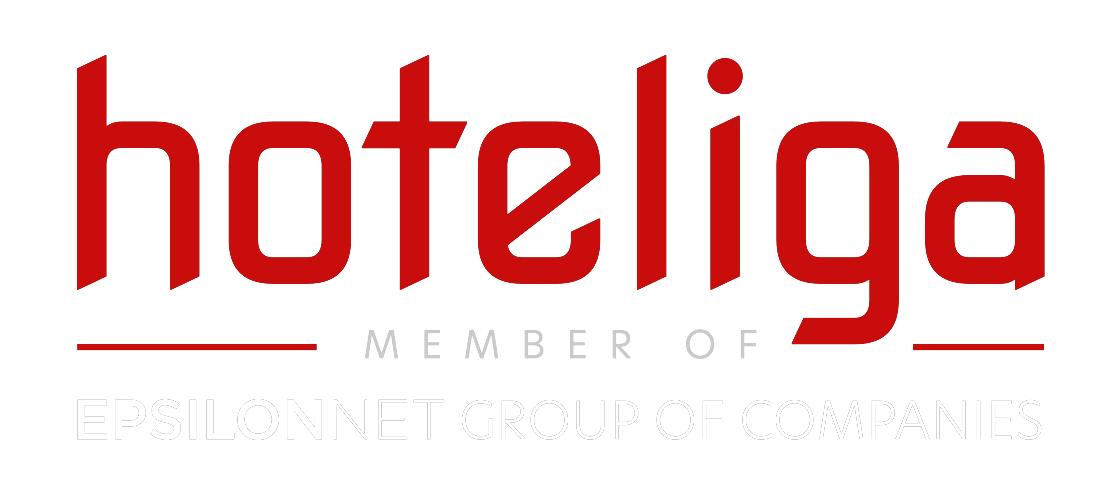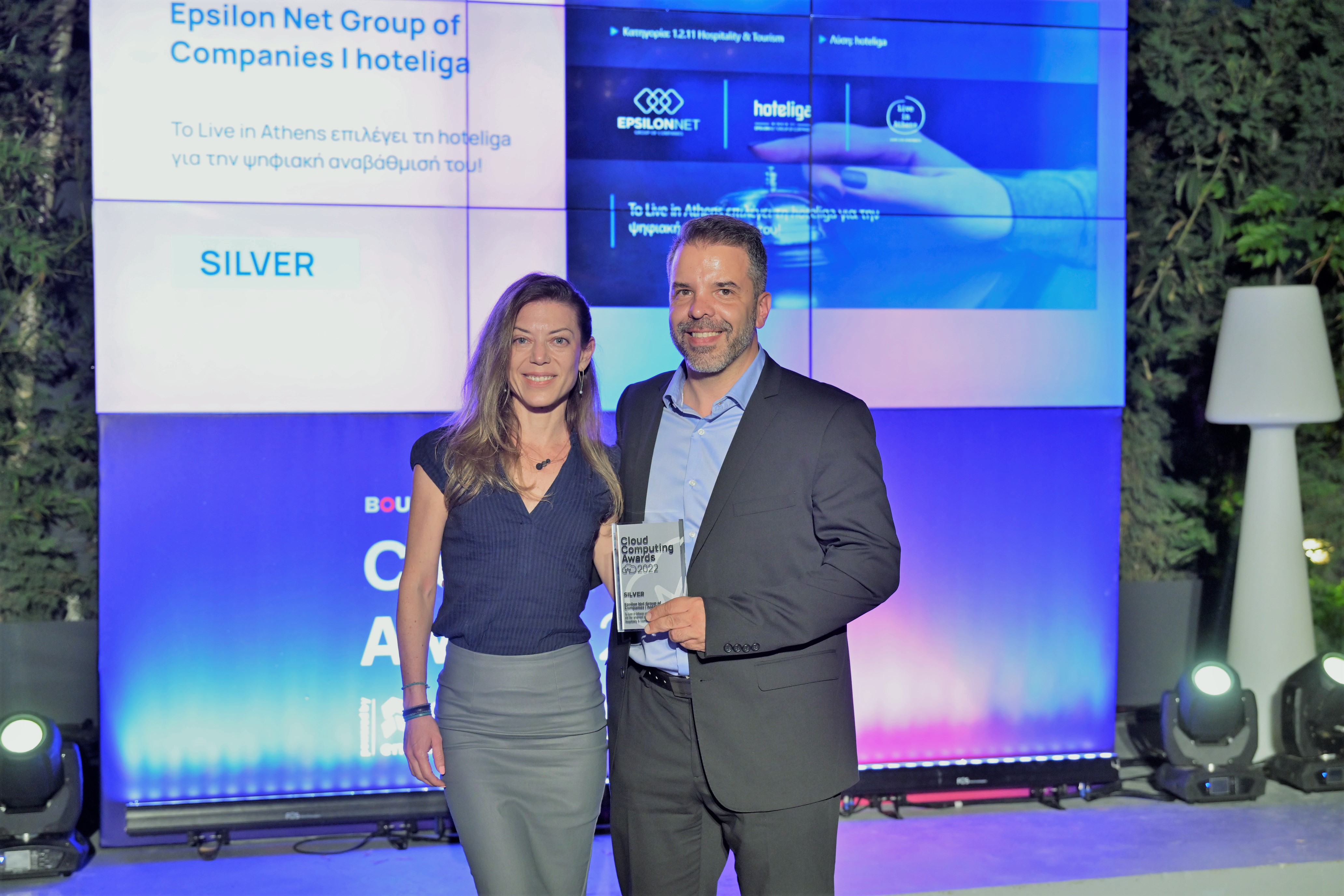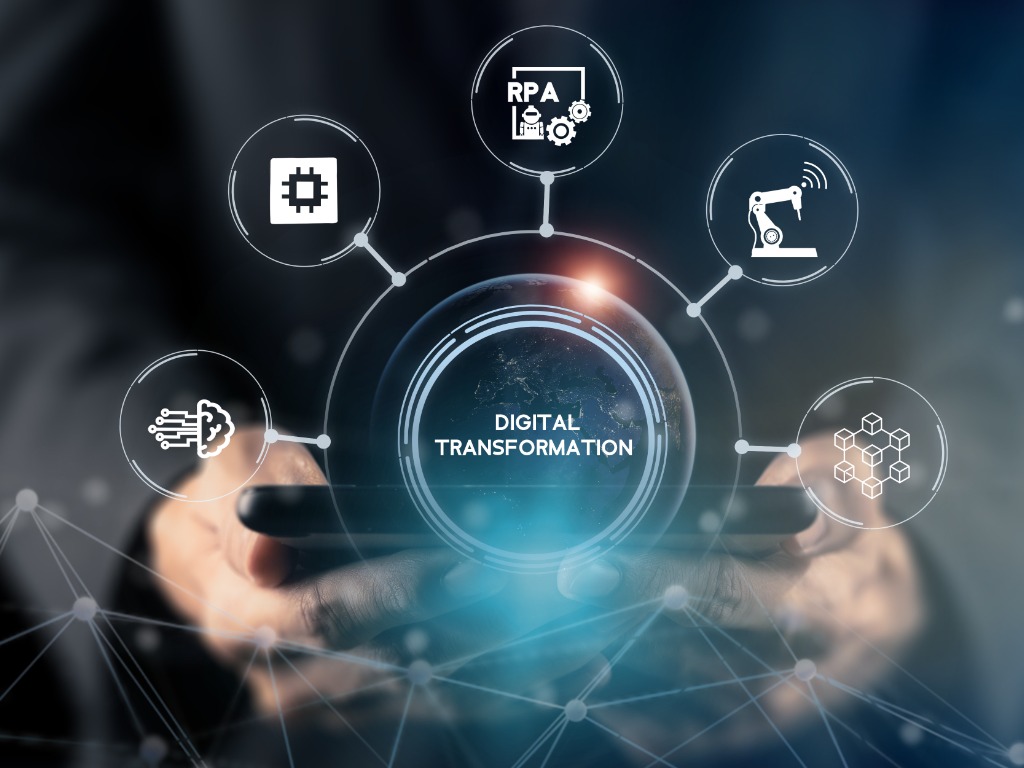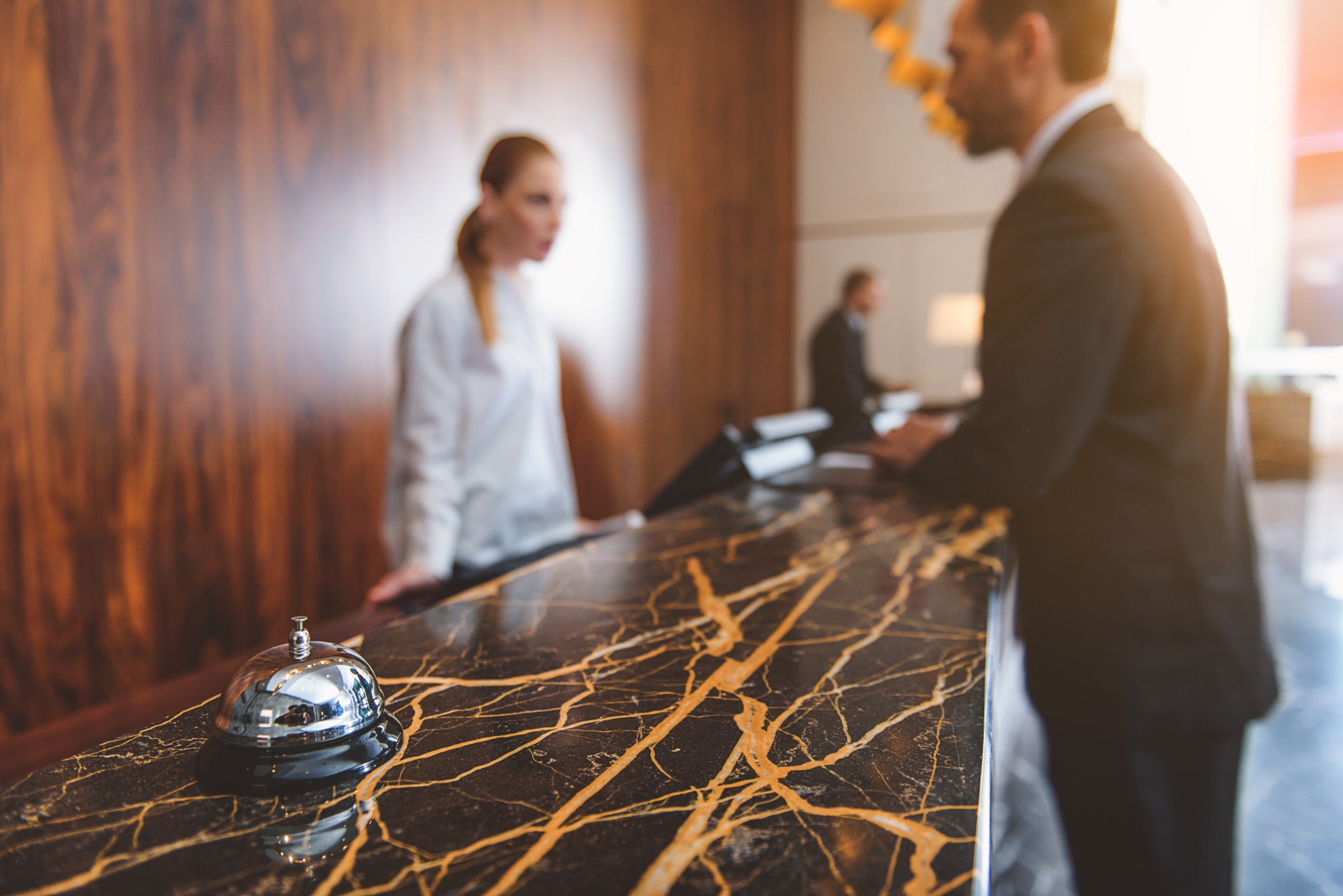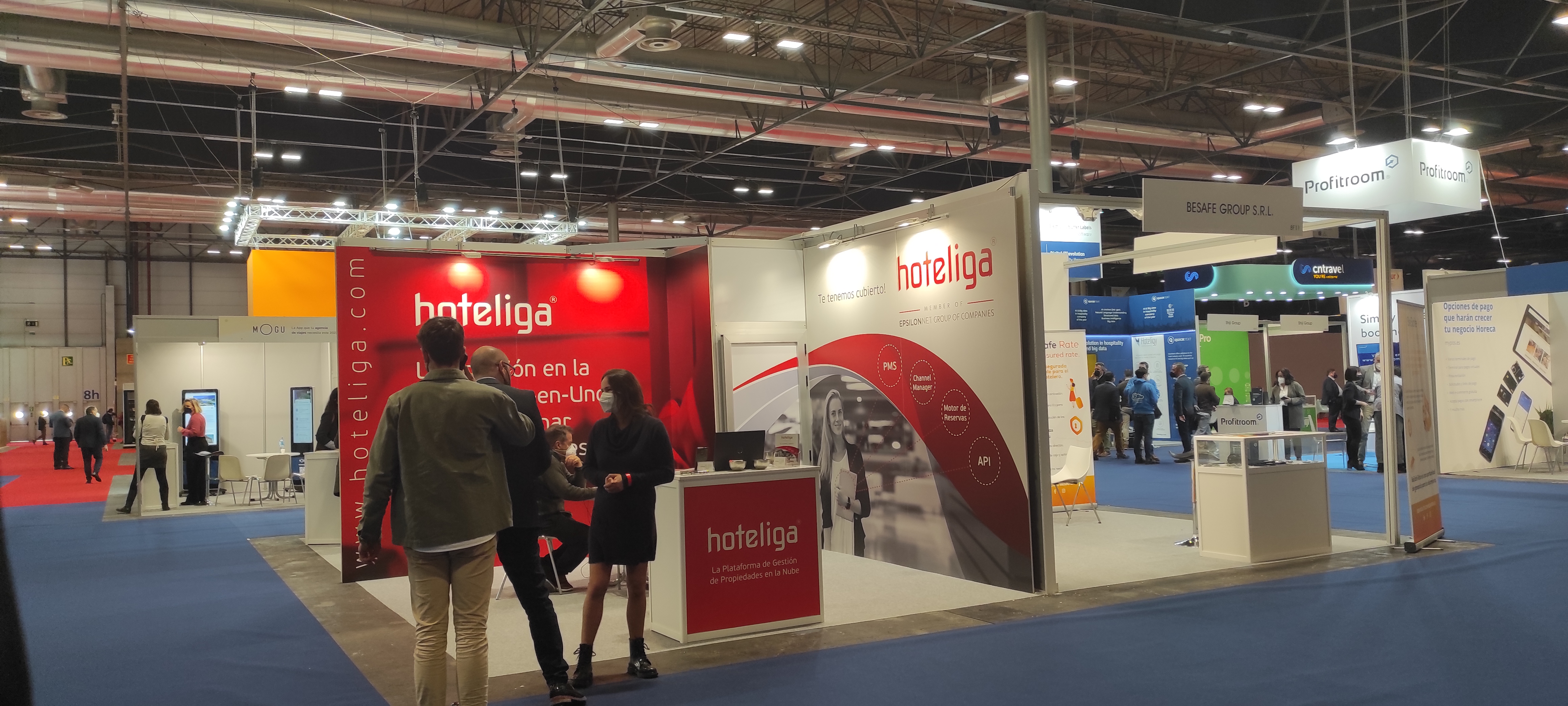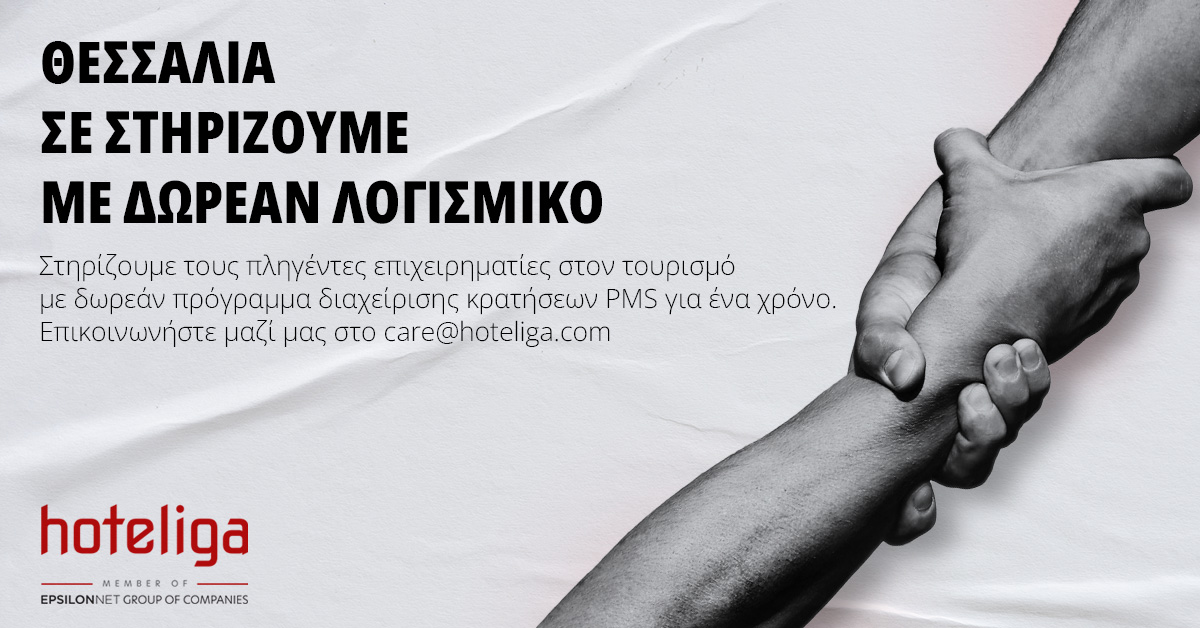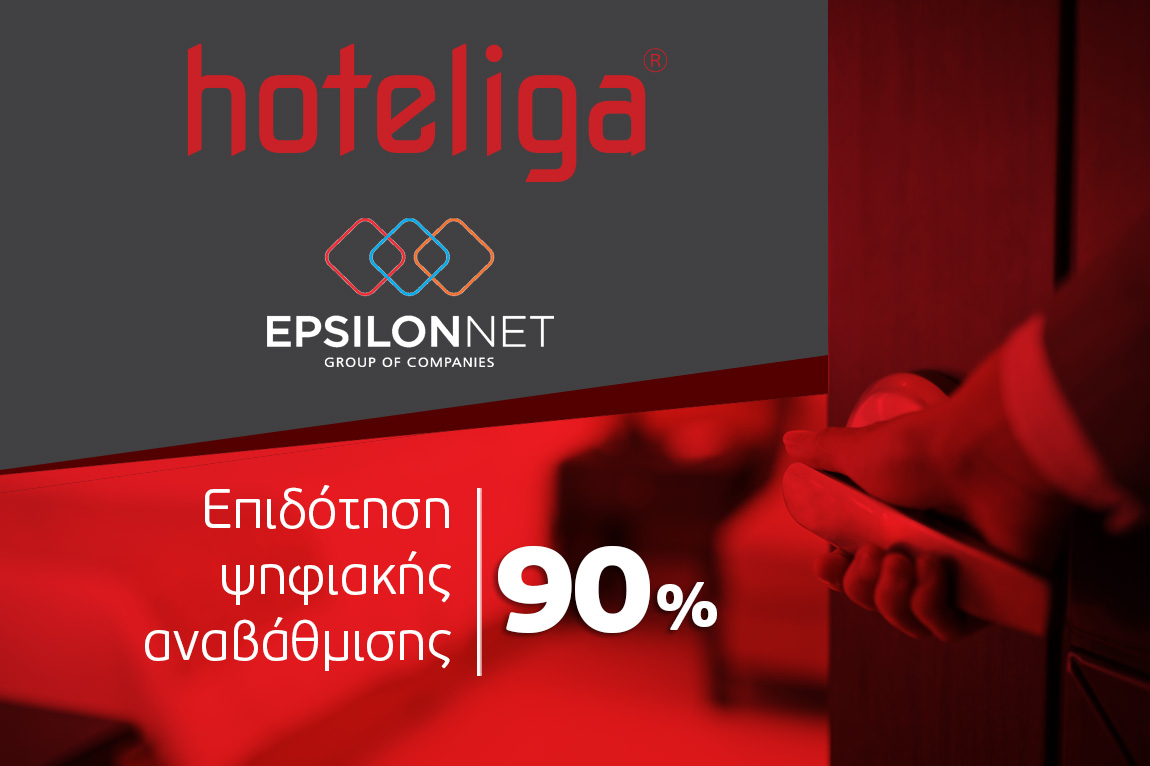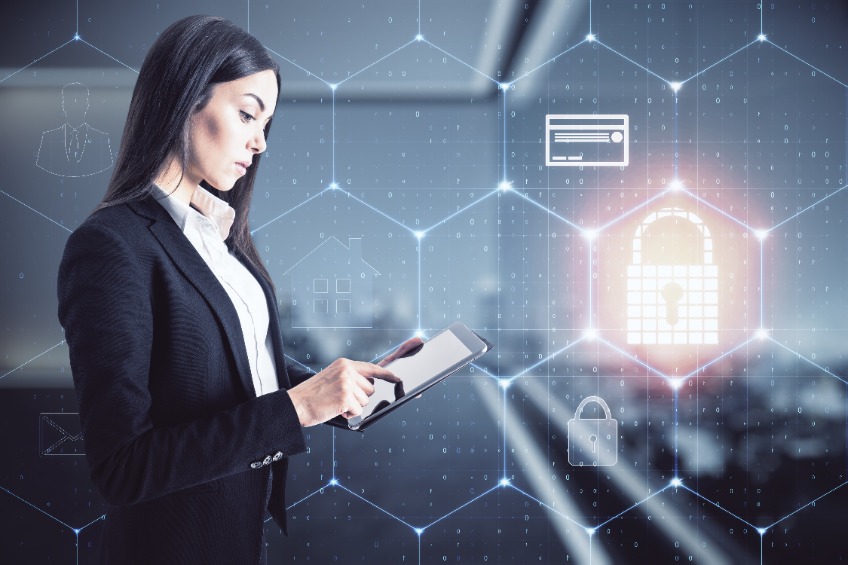
Top 10 cybersecurity best practices for the hospitality industry
Imagine owning a luxury hotel in the heart of Manhattan, where any of your customers could be high-profile visitors or celebrities. The site is likely to have received significant coverage in the media and has pages that attract a lot of daily traffic.
Imagine a hacker – having infiltrated your system via an unprotected login page or other vulnerable points – finding themselves on a page full of delicate customer information.
Sooner rather than later, they've pulled off the most significant data breach in your hotel's history. (Hint: Don't make it easy for them.) Below are ten top cybersecurity best practices for the hospitality industry to help prevent data theft, ransomware infections, and other general cybercrimes.
What is cybersecurity, and why is it essential for the hospitality industry?
Cybersecurity is the practice of protecting your computer systems, data, and networks from unauthorized access. The hospitality industry is particularly at risk for cybersecurity breaches because it deals with an enormous amount of personal information, such as credit card numbers or social security numbers.
A recent report found that a breach hit 89% of hospitality companies. In addition to costing the hospitality industry billions of dollars in losses yearly, these breaches have also led to massive fines and legal action against companies that have failed to protect their customers' private information. As a result of this increased risk, hotels need to take extra precautions to protect themselves.
The 10 cybersecurity best practices for the hospitality industry
- Encrypt Your Data.
- Train Your Employees.
- Invest in Penetration Testing.
- Ensure All Devices Have Strong Passwords.
- Keep Your Software and Systems Updated.
- Use Multiple Security Layers.
- Perform Regular Backups.
- Implement a Firewall and Antivirus Software.
- Secure Website with SSL certificates.
- Assess Third Party Security Risk.
Encryption is the process of encoding data so a person or device can only read it with a key. Companies involved in the hospitality industries have already implemented encryption in their systems, have reduced data spying activities on their systems and increased the safety of their data.
Attackers often target employees because they are easier to trick than sophisticated machines. Employees may fall for a phishing attack or download malware onto their computers by accident, compromising the entire network and making it easy for attackers to gain access at any time.
Awareness of these threats is essential for employees to protect themselves and have policies to prevent these attacks from occurring (e.g., do not open attachments from unknown sources).
The hospitality industry is a prime target for hackers, as the hotels and other businesses that make up the industry collect and store a wealth of sensitive data. From credit card information to medical records, the data stored by hotels are constantly at risk of being compromised. To keep this information safe, companies must invest in penetration testing.
This allows them to identify any potential areas of weakness in their security infrastructure before an attacker exploits them.
Another step that can be taken to improve cybersecurity practices within the hospitality industry is ensuring that all devices have strong passwords.
In addition to creating passwords that contain both letters and numbers, you should also refrain from using the same password across multiple accounts or devices, which could make accessing your accounts easier for attackers if they have access to a device or account that has weak security measures (such as a Gmail account).
Software and systems are the lifeblood of the hospitality industry. This means that keeping them updated is crucial to preventing attacks from happening in the first place. It is best to update your software through a patch management system.
A patch management system can be automated to make your life easier.
More than a single layer of security is required to protect you from hackers. Because hackers are becoming more sophisticated and numerous, you must use multiple layers of security to protect your hotel's cybersecurity.
Ideally, you should have a combination of different layers, including antivirus and antispyware protection, firewalls, strong passwords, and more. This will help ensure that your hotel is protected from multiple attacks.
Performing regular backups of your data can be a lifesaver when something goes wrong with your systems. It's essential to store these backups in a safe place, away from the location where they were created. Use external storage accessories or cloud services to back up data.
This can be done through an automated process or manually, but you must do so regularly and ensure that the backups are stored in a secure location.
You should also ensure that you have firewall and antivirus software installed on all your devices, including mobile phones and tablets.
A firewall will prevent anyone from accessing essential files or servers without proper authorization, while antivirus software prevents malicious software from being installed on your computer without your knowledge.
A hospitality business's website is its backbone and must be secure to protect client's data and customers' information. Website can be vulnerable to malware, phishing schemes, and data theft.
Using an SSL certificate will help you ensure that all communication between your server and browser is encrypted, making it extremely difficult for hackers to read or alter any information.
You can also reduce your risk by assessing third-party security risks and ensuring that they align with your standards. This means ensuring that your third-party vendors are using best practices so you can trust them with sensitive data—and then following up periodically to ensure those practices haven't changed or been compromised.
Final Thoughts!
As the hospitality industry becomes more connected, it becomes easier for cybercriminals to access sensitive data. Implementing the best cybersecurity for hotels is essential for protecting guest information and ensuring guests have a positive experience. Once you have the tools and knowledge to protect your hotel from cybersecurity threats, the next step is to start designing the procedures for handling such situations.
Check out these tips for staying secure to improve your hotel's cyber security strategy.
